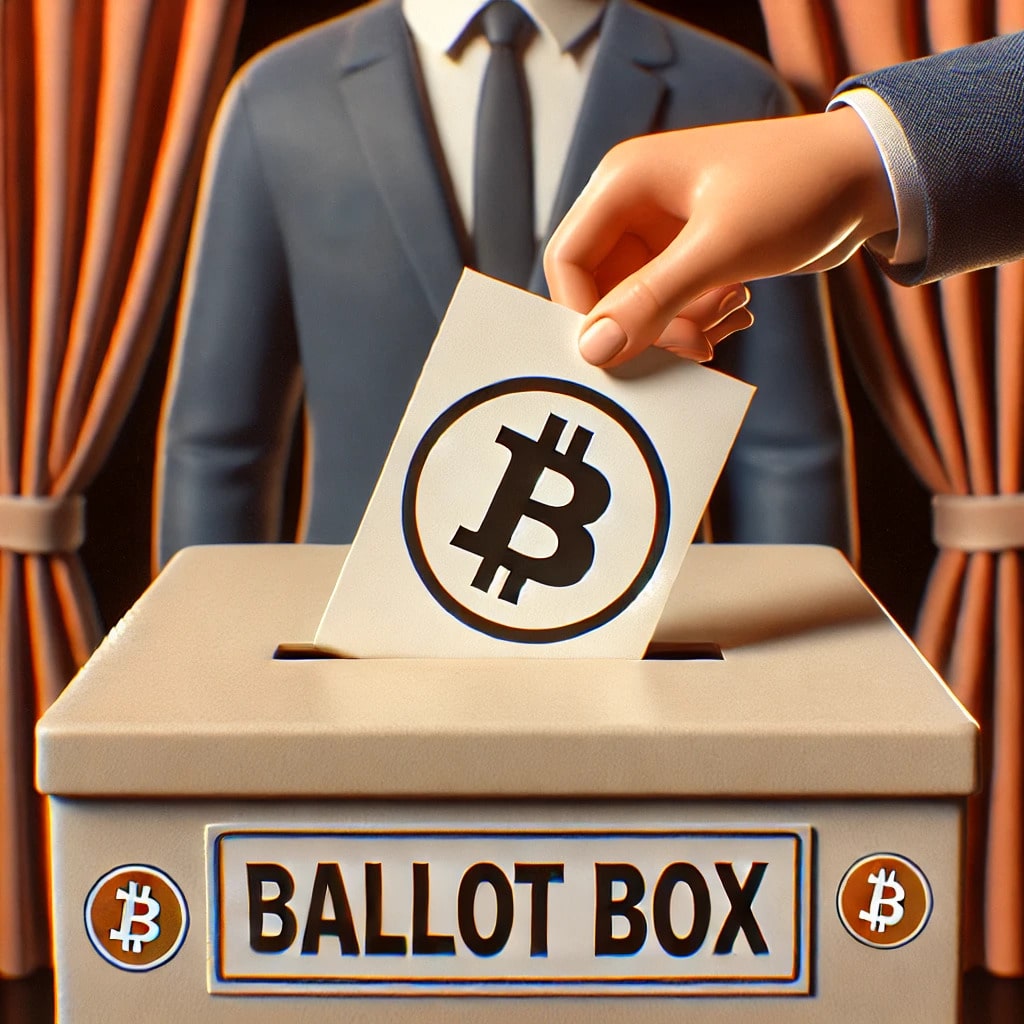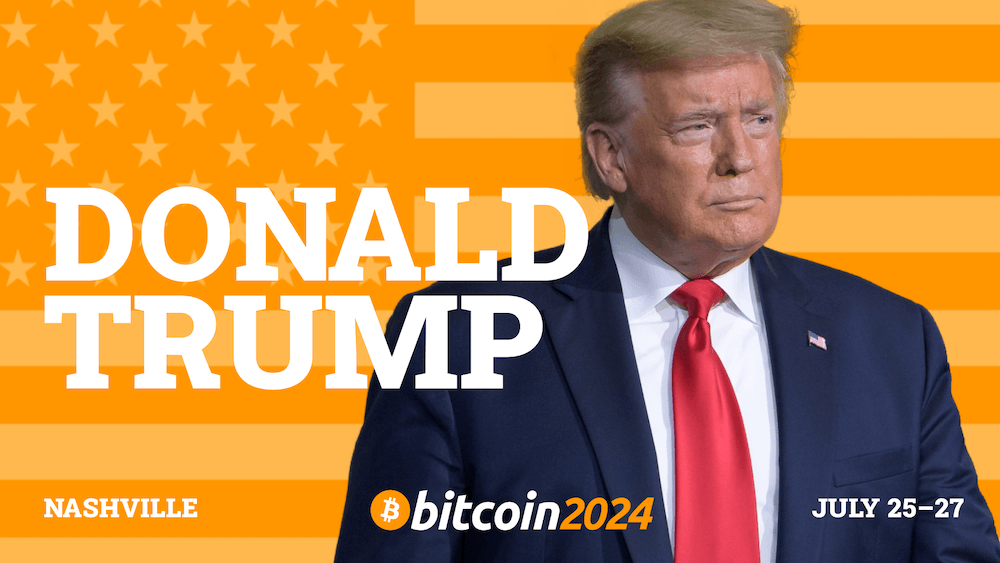
Key Takeaways
- Bitcoin voters are younger, diverse, and politically active.
- Bitcoin voters show a strong bipartisan interest.
- Candidates like Robert F. Kennedy Jr. and Donald Trump oppose central bank digital currencies.
The upcoming November presidential election in the United States is fast approaching, and Bitcoin remains a highly debated issue among candidates and voters.
A study by Coinbase released on July 11 revealed that Bitcoin voters, in particular, are “going to make a big difference” in the key races, with one in six Bitcoin owners living in the seven key battleground states.
According to the study, Bitcoin voters are “younger and more diverse,” with Gen Z and Millennials making up 65% of registered voters who own Bitcoin. Among the registered voters, 40% reside in swing states — those states that could be won by either the Democrat or Republican candidate. Registered voters who own Bitcoin make up 35% of non-white voters, highlighting their diversity.
Not only are these voters younger and more diverse, but they are also politically active, with nine out of ten registered Bitcoin-owning voters likely to vote in the Nov. 5 election. Moreover, these voters said they were four times more enthusiastic about voting for a pro-Bitcoin candidate than not.
This group of voters also proved to be more bipartisan, with 35% claiming to be Democrats, 34% Republicans, and 31% saying they are persuadable about the party to which they belong. The statistics were similar among registered voters holding Bitcoin in swing states.
Overall, Bitcoin voters are eager to see a candidate who supports the industry with a more innovative and pro-Bitcoin outlook. Some in the Bitcoin space have even established nonpartisan organizations to influence US Bitcoin voters, such as Stand With Bitcoin and the Bitcoin Voter Project, started by a group of mining executives.
Candidates have even begun to catch on to the momentum of the Bitcoin vote, with researchers suggesting they may be using Bitcoin to influence the election results and turnout.
Initially, Republican Party candidate and former president Donald Trump appeared to be a more Bitcoin-friendly choice, though his motives have been questioned. The Democratic Party nominee, President Joe Biden, has taken some heat from the community for initially not being as pro-Bitcoin as his opponent.
Robert F. Kennedy Jr. — the first presidential candidate to accept campaign donations in Bitcoin — and Donald Trump have both pledged to oppose the development of a central bank digital currency in the US.




